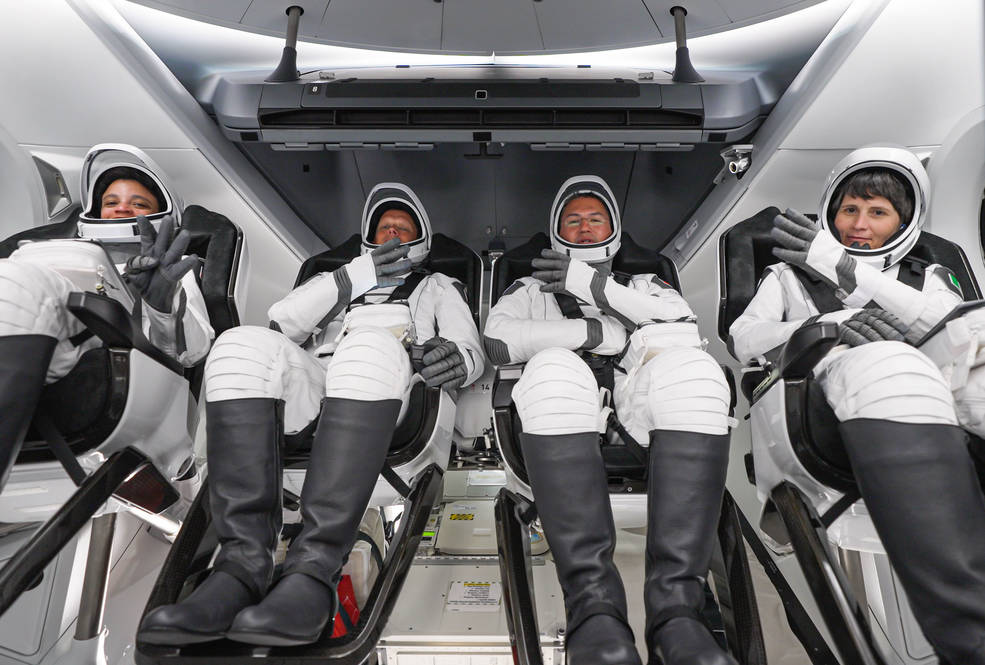Types of Industrial Control Systems

Industrial control systems (ICS) refer to the various different types of control systems and associated instrumentation that are used for the purpose of industrial process automation and control. This term encompasses all devices, controls, systems, and networks used for such purposes. As the term industrial control system is collective, there are several different types of ICSs that are categorized based on their relative complexity and overall functions. To learn about some of the various types of industrial control systems, continue reading.
Supervisory Control and Data Acquisition Systems (SCADA)
Supervisory Control and Data Acquisition Systems
(SCADA) are a type of computer system architecture that automates industrial processes and exercises operation controls over extensive distances upon processing and gathering data. Such systems are made up of a variety of hardware and software components, such as graphical user interfaces and computers. In many cases, SCADA systems are used to resolve communication problems such as delays or issues with data integrity.
Programmable Logic Controllers (PLC)
A Programmable Logic Controller (PLC) is a solid-state control system that has been adapted and ruggedized. As a result, the system can provide the durability, resilience, and functionality needed to control manufacturing processes in which a high degree of reliability is essential. Among the many functionalities that PLCs are endowed with are sequential control, intuitive programming interface, and I/O control. Their primary purpose is to monitor and manage an extensive number of sensors and actuators.
Distributed Control Systems (DCS)
A Distributed Control System (DCS) is a type of computerized control system that includes several different control systems. Such systems have autonomous controllers, sensors, and computers that have been distributed in a manner that allows each one to be controlled individually. As such, there is not a central supervisory control operator.
Instead, the DCS serves as the center of control for the plant, and each individual system—which serves a unique function—communicates with one another through a type of local area network called a centralized control computer network. Such a system is often implemented when a process or industrial plant requires several control loops.





